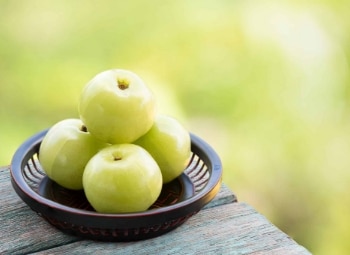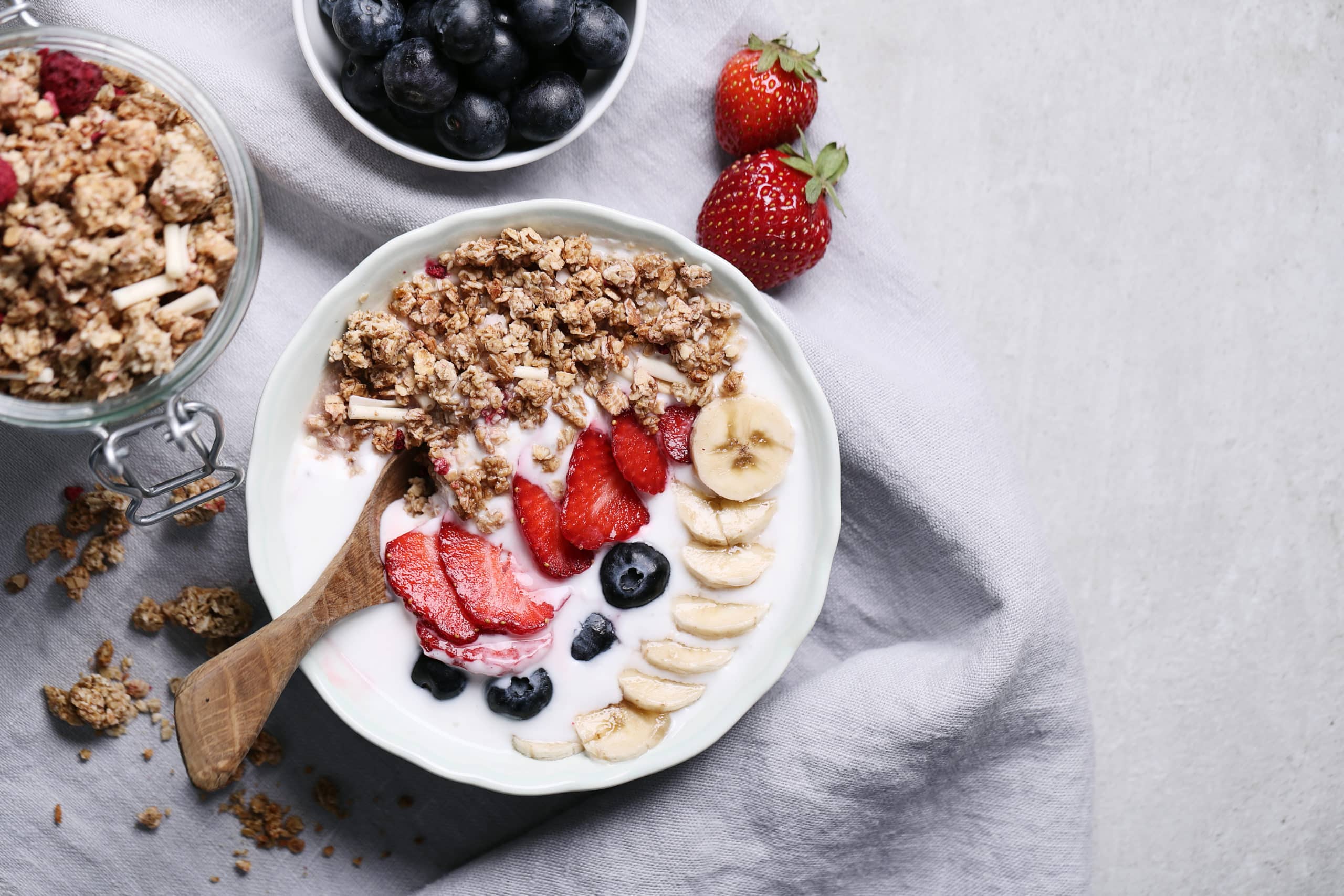“On your recent visit to your doctor, have you been told to eat more vegetables and fruits in their raw form to lose weight?”
“Has your dietician emphasized on the importance eating more salads and include whole grains to help you manage weight?”
So, what is it that make these veggies and fruits nutritious? Of course, there are vitamins and minerals and antioxidants, but one important nutrient that these vegetables and fruits provide is dietary fibre. Let us understand about dietary fibre and its role in weight management.
What is dietary fibre?
Dietary fibre is a non-digestible polysaccharide, which means it’s a complex form of carbohydrate that the body cannot digest. Fibres pass through the system undigested.
Types of dietary fibre:
- Soluble fibre dissolves in the stomach, creating a sticky gel-like substance that traps sugar and fats and slows down their absorption. Soluble fibres are viscous and fermentable, and can lower our blood cholesterol.
- Insoluble fibre does not dissolve; instead, it absorbs water and grows in size. Insoluble fibres help to bulk up stool volume and improve motility.
Why is fibre important?
- Dietary fibre intake has been shown to reduce plasma lipid profile especially LDL cholesterol
- Dietary fibre improves glycaemic response and improves insulin sensitivity.
- Helps regulate appetite and thus controls weight
- Prevents and resolves the issue of constipation
- Decreases inflammation
- Decreases the risk of certain form of cancers like colon cancer
What is the daily recommendation for dietary fibre intake?
Most recently in 2020, the Indian council of medical research (ICMR) and National Institute of Nutrition (NIN) have described the recommended dietary allowance (RDA) for dietary fibre for sedentary Indian men to be 30g/day and 25g/day for sedentary Indian women. The ICMR and NIN also observes that based on energy intake, 40g of fibre per 2000kcal is considered reasonable safe.
World Health Organization (WHO) recommends consumption of >25g of dietary fibre daily for the prevention of chronic diseases. Excess fibre consumption of more than 60g can cause gastrointestinal issues and decrease the absorption of nutrients.
Fibre consumption in Indian urban population
The average dietary fibre intake of urban Indian sedentary men was 29.7g per day while that of sedentary women was much lesser at 17.9g of dietary fibre per day. * The fibre intake of Indian women is much lesser than men adult intake. However, the consumption of fibre among Indians is still much better than American population. Americans consume about 15 grams of fibre per day, on average (17.8 g for males and 13.6 g for females).
With the consumption of more processed foods and poor dietary habits, our consumption of fibre is not up to the mark as it should be. People on weight loss especially should pay attention to the quantity and quality of fibre to achieve the desired result.
A study on Indian adults with known diabetes in South India showed that individuals who consumed less than the 29 g/day of dietary fibre had 38% and 43% higher risks for hypercholesterolemia and high LDL cholesterol compared with those consuming more than the intake of 29g/day of dietary fibre.
*NNMB Urban Survey 2016
Rich source of fibre foods
Whole grains like barley, oats, jowar, bajra, whole wheat and all the legumes like Bengal gram, green gram, rajma, red gram etc. are all rich in fibre. All green leafy vegetables and vegetables like broad beans and drumsticks are good source of fibre.
How does oats fibre help in weight management?
Oats are rich in fibre called beta glucan. Research suggests that oat β-glucan reduces low-density lipoprotein cholesterol. β-glucan has been shown to increase satiety-related hormones as well as reduce energy intake and body weight. Oats also contain more than 20 unique polyphenols, aventhramides which have strong antioxidant activity. Thus, oats being a rich source of beta glucan and also polyphenols help in weight management.
Lastly, fibre plays an important role in our daily foods. From smooth bowel movements to preventing diabetes to keeping our lipid levels in check to reducing weight, fibre is an important nutrient. With the modern lifestyle, consumption of refined foods has already begun to hamper our fibre intake. Our traditional Indian diet was rich in fibre and we need to get back to our authentic eating patterns and include more fibre to our diets to get its most benefit.















